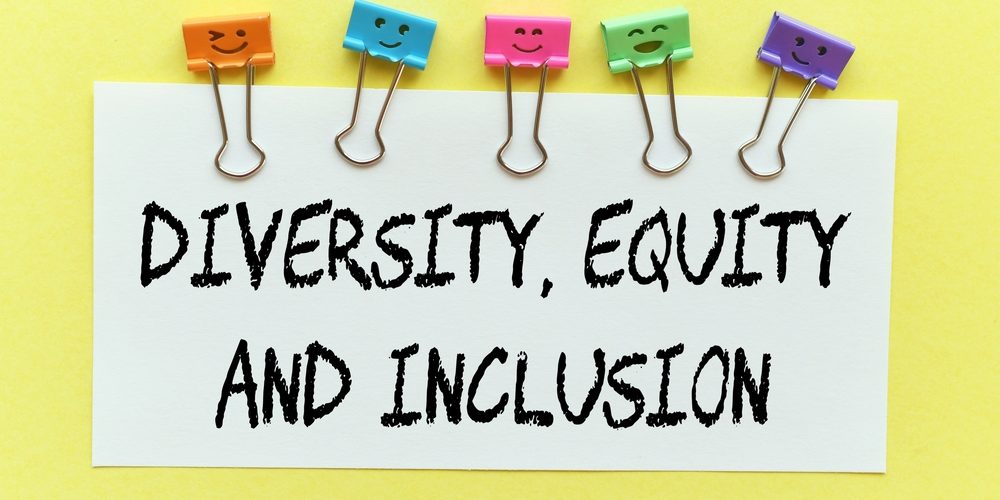Pharma marketing industry divided over workplace DEI
The divergent findings reflect an industry grappling with diversity efforts at work.
When it comes to their attitudes about workplace efforts related to diversity, equity and inclusion (DEI), pharma marketers are — in a word — disunited.
Nearly one-third of respondents to a recent survey told MM+M the amount of attention their company devotes to increasing DEI at work is “too much.” Another 22% said those efforts are “too little,” while 23% chose “about right.”
The corporate world is claiming “diversity fatigue,” one respondent observed, yet “we as a nation have not scratched the surface in equality.”\
Yet, while progress had been made prior to 2020 with regards to gender equality, including in the boardroom, studies show that when it comes to other types of equality — namely racial and sexual orientation — results have been slow to materialize across agencies, drugmakers and medical device companies. Now, data suggest the force behind those efforts has waned.
Nearly a fifth of respondents to MM+M’s survey said DEI initiatives have plateaued in their organizations. On the other hand, 64% said such programs were either strong and gaining momentum or moderately strong.
Separately, 43% of respondents said their firms had made progress in hiring and promoting people of color.
“It’s almost comical that in 2021, at a time when [agencies] were promising all these roles and opportunities for people of color, the uptick went to white executives,” said Walter Geer, chief experience design officer at VMLY&R. “It’s painfully obvious that at this point, if the individual or companies are not making changes, it’s intentional.”
While MM+M’s results suggest opinions among marketers at healthcare agencies and pharma manufacturers are divided, most respondents still attach a great deal of importance to diversity in their workplace.
More than half of respondents said it’s extremely or very important to them to work somewhere with a mix of employees of different races and ethnicities. Many expressed the same sentiment for having professional colleagues of various ages (50.4%) and genders (43.6%).
They weren’t quite as enthusiastic about the need to work alongside those with a mix of different sexual orientations. Equal proportions — 29.8% — said this was extremely or very important as those who said it was not important at all, although 22.7% said it was somewhat important.
Notwithstanding these divisions, diversity remains a bedrock value at many organizations. Research shows that diverse teams with varying lived experiences and identities tend to make stronger decisions.
Still, the Supreme Court’s recent removal of race as a factor in college admissions processes may affect the industry’s talent pool of diverse graduates available for hire.
In terms of how people feel about workplace diversity efforts, Geer — who is one of only seven Black C-suite creatives in holding company-based agencies and has never been shy about holding the ad industry to account on his social channels — cites another soft indicator.
“Look across social media and how many people are still talking about the topic; barely any,” he observed.
To wit, when Geer posted to his LinkedIn over the summer that “DEI is dead. Prove me wrong,” the response elicited was a shadow of his usual interest level.
Some perhaps thought he was referring to the analysis showing that chief diversity officers (CDOs) have experienced 40% higher turnover than their colleagues, according to a stat from Live Data Technologies cited by The Wall Street Journal.
On the contrary, “When I say ‘DEI is dead,’ what I mean is the fact that people give a s— anymore,” explained Geer, adding that the work of CDOs remains critical. “Because [firms] don’t have to. No one is pressuring them anymore. It’s over with, that moment is gone.”










